Stuck without a good book to read this month? The Australian Women’s Weekly has you sorted with our selection of best new reads for May 2023.
Each title has been reviewed by our respected book reviewers, Katie Ekberg and The Weekly’s editor at large Juliet Rieden.
We have something to suit every kind of bookworm, so settle in with one of these Women’s Weekly recommended reads, all available through Booktopia.
Want more book reviews from The Australian Women’s Weekly? Sign up for our e-Newsletter!
MAY’S GREAT READ: The Night Travelers by Armando Lucas Correa
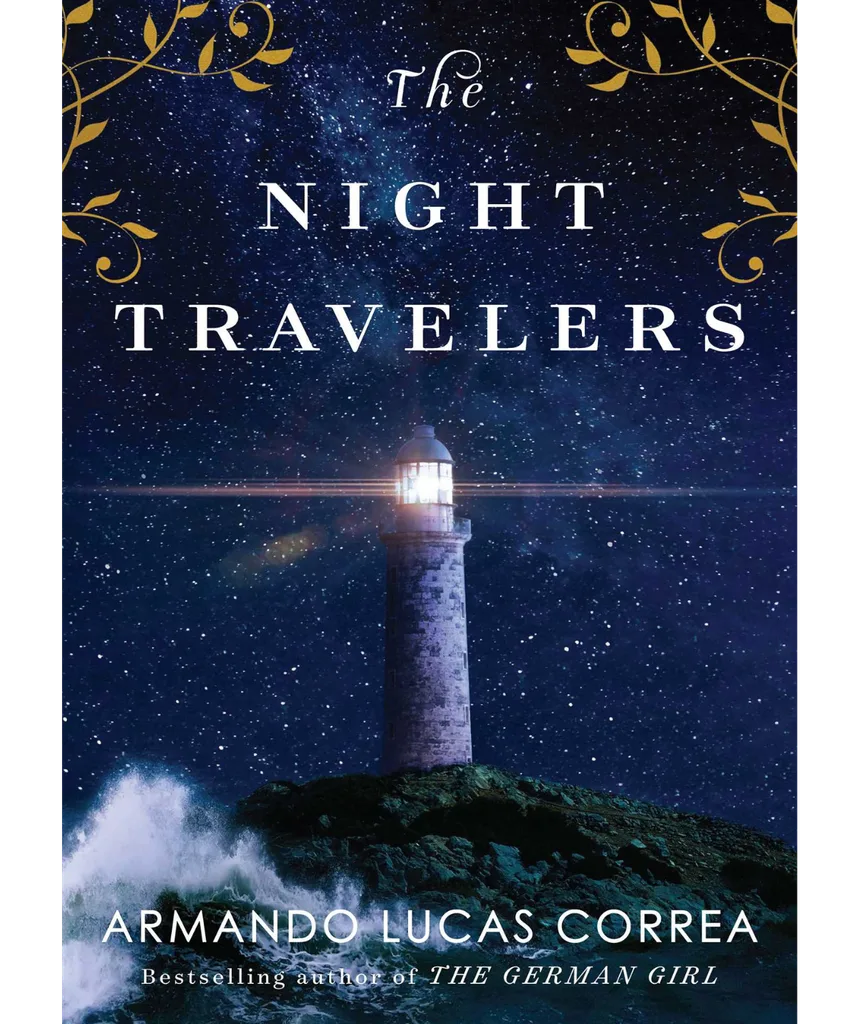
The Night Travelers by Armando Lucas Correa. BUY NOW
(Image: Simon & Schuster)When Ally Keller’s daughter emerges into the world, she’s silent, whimpers and finally howls – and it’s no wonder. The midwife who pulls her out condemns the newborn – “It’s a Rhineland bastard. You’ve brought a mischling into the world. This girl isn’t German, she’s Black,” she viciously announces. “She’s Lilith. Her name means light,” Ally corrects.
It’s 1931 and a terrifying change is underway in the fatherland of freethinking German writer Ally whose daughter is the result of a passionate affair with a black German musician. Her parents disowned her when she fell pregnant and soon Ally discovers her progressive ideas are out of step with the status quo.
As she grows up, Lilith learns to only go out under the cover of darkness, while at home Herr Professor, a Jewish lecturer thrown out of his university, becomes her educator. By age five she has nailed Pythagoras; age six she’s reading Shakespeare. But then as age seven draws near Lilith is called up in front of the German Commission for Racial Purity, her features measured in a chilling, barbaric scene.
“I’d read about the terrible fate of more than 60,000 Black Germans under the Nazis,” author Armando Lucas Correa says of his inspiration for this haunting novel. “Under the Nuremberg racial laws that Hitler introduced ‘mischlings’, mixed-race children, were sterilised when they turned seven. I started writing when my twins, Anna and Lucas, turned seven, and like Lilith’s mother, the number seven became an obsession for me. I couldn’t help thinking that my children would not have survived under Hitler’s racial laws.”
Ally is forced to make a terrible choice and opts to send Lilith on a ship to Cuba in the care of Jewish neighbours who also desperately need to escape. What follows is an epic tale with powerfully drawn characters through whom we learn the human cost of a history that in different guises is still with us.
“While I was writing the novel, the magazine where I was working was covering the US-Mexico border crisis in the Trump era. I remember many women questioning the mothers who’d sent their children alone to the US, accusing them of being bad mothers,” notes Armando. “Then I started thinking about the more than 10,000 children sent alone to London to save them from Nazi Germany … Let’s learn not to judge. No one knows what a mother, a father has to do to save their child.”
ABOUT THE AUTHOR
Cuban writer Armando Lucas Correa started his career as a theatre critic and after moving to the US in 1991 became a reporter for the Spanish version of The Miami Herald and later at People magazine in New York.
His first novel, The German Girl, was published in 2016 and an instant bestseller. The Night Travelers is his fourth novel and like all his books has women at its heart. “I grew up surrounded by strong, intelligent, determined women. My grandmother and my mother are the inspiration for all the female characters in my novels.”
Dust Child by Nguyên Phan Quê Mai, Bloomsbury
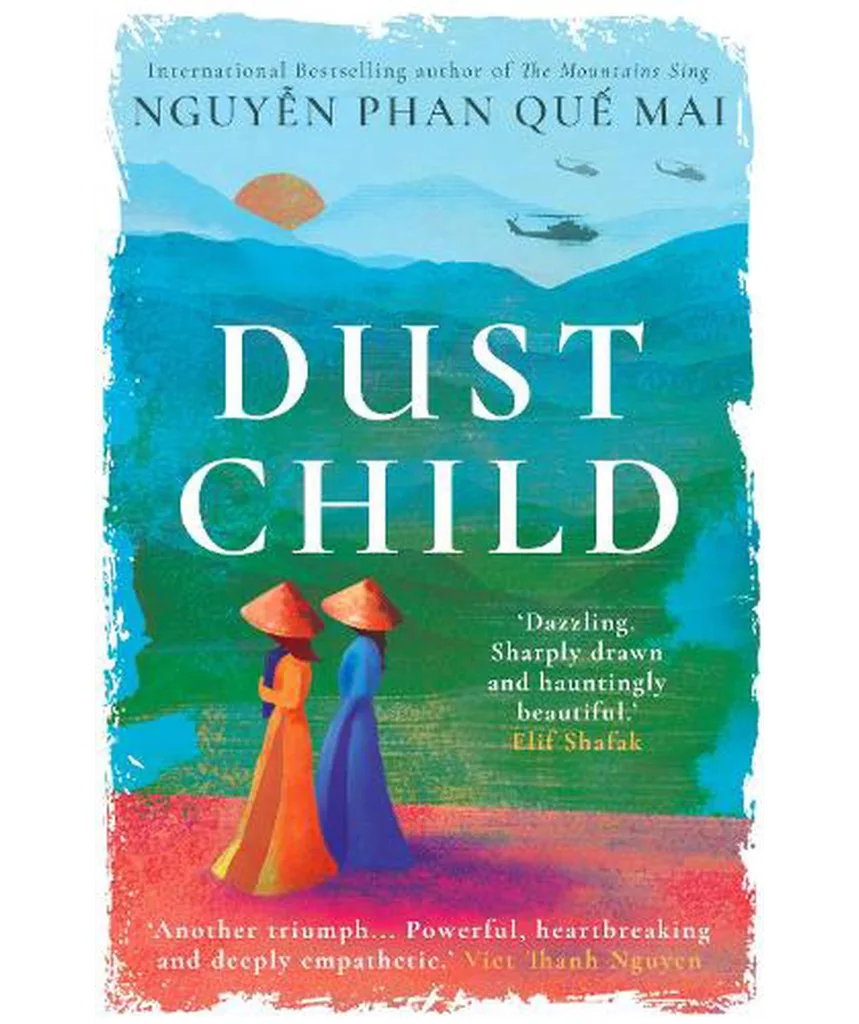
Dust Child by Nguyên Phan Quê Mai. BUY NOW
(Image: Bloomsbury)Phong, wife Binh, son Tai, and daughter Diem sit in the American consulate. “Throughout his life, he had been called the dust of life, black American child, bastard. He had to fulfill his promise to bring Binh to America, away from the rubbish dumps where she worked, collecting plastic and paper. A country that voted for a black president had to be better than here.”
But Phong wasn’t expecting an old visa application to be on file – one prepared by a crook who promised to help illiterate Phong in the US if he took his family with him. “You claimed strangers as family members. You broke the law.” Meanwhile, Trang and sister Quynh work rice fields – backs breaking. They are starving and need to find their way out. The intimate care for every character is phenomenally beautiful.
Pineapple Street by Jenny Jackson, Penguin
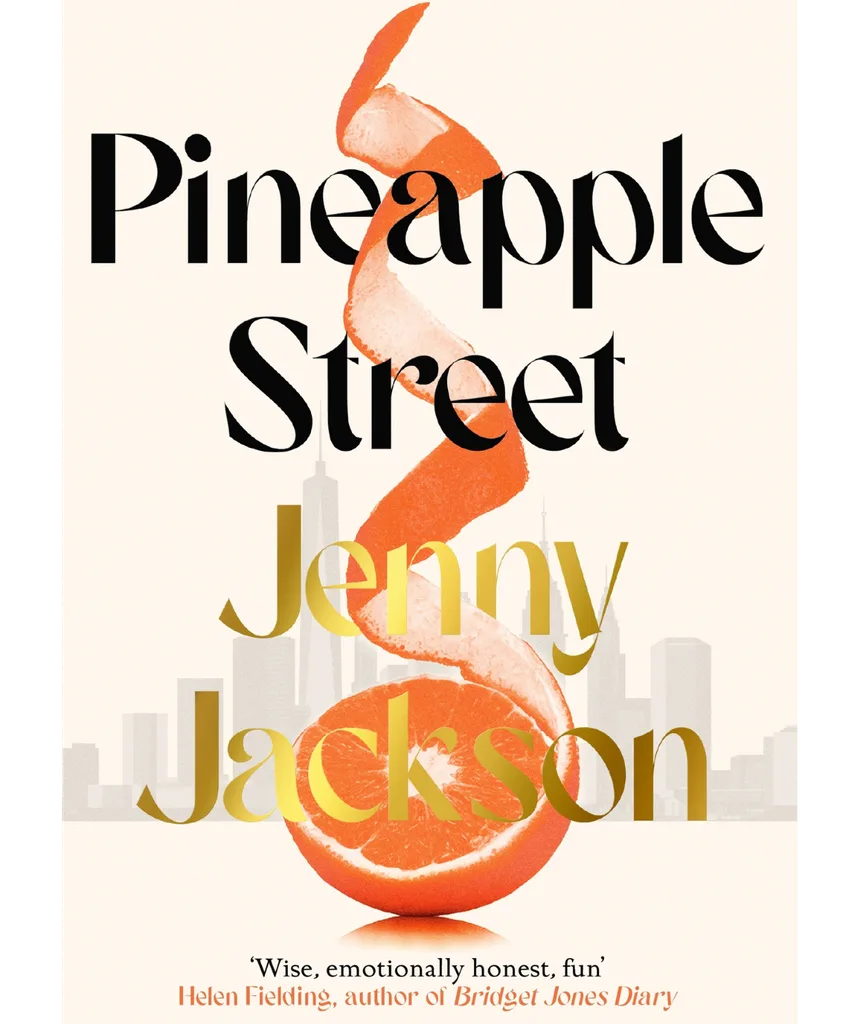
Pineapple Street by Jenny Jackson. BUY NOW
(Image: Penguin)A bird’s-eye view over New York City as a generationally wealthy family unwittingly humiliates a new family member who has made an embarrassing error of dress. Chip and Tilda Stockton bought a new flat after handing their four-storey Brooklyn house in the fruit streets section of Brooklyn Heights (Pineapple, Orange and Cranberry) to son Cord and wife Sasha.
Spending time to create a beautiful meal for her in-laws, Sasha is hurt as they arrive with bags of take-out. At a house-warming party Sasha dons smart blue trousers and a crisp white shirt. All night she is asked for drink top-ups or to carry dirty plates away. “You’re wearing the same as [housekeeper] Berta!” trills Cord’s sister. “They must have thought you were a caterer!”
The Bookbinder of Jericho by Pip Williams, Affirm
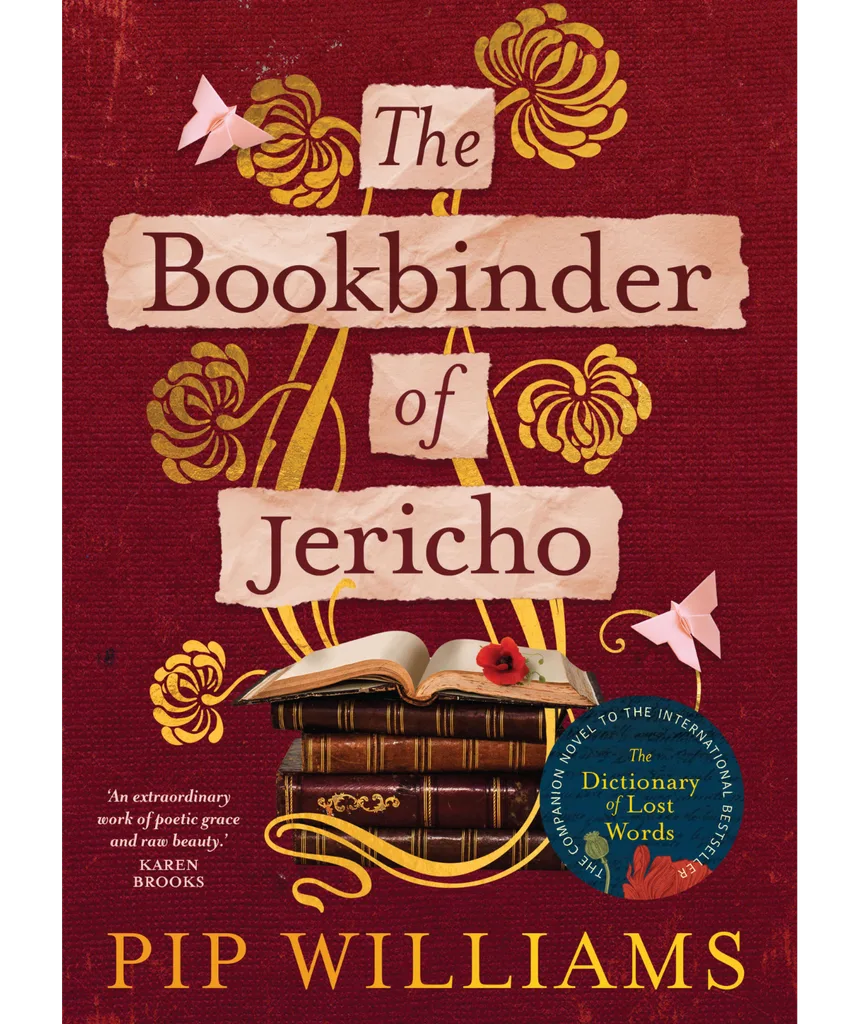
The Bookbinder of Jericho by Pip Williams. BUY NOW
(Image: Affirm)Companion novel to The Dictionary of Lost Words, sharing some common characters, but robustly standalone. Home to the Oxford University Press, Jericho has long been a bohemian community. It’s 1914 and when Great Britain declares war on Germany, it’s up to the women to keep the nation running. Motherless twins Peggy and Maude work in the bindery at the OUP. It’s the year writer Vera Brittain goes to Oxford to study English; Peggy reflecting, “I imagined spending my days reading books instead of binding them.”
Vulnerable Maude is happy with her lot. Actress Tilda, Ma’s best friend, promised to watch over the girls, staying in touch for all the “firsts” – Christmas, Easter, anniversary of her death. Later Tilda writes, “Asquith has become immovable on votes for women. Mrs Pankhurst thinks the war could be our Trojan horse and she’s mobilising her troops. She’ll find a way to keep us in the papers.” She certainly did.
The Prize by Kim E. Anderson, Pantera
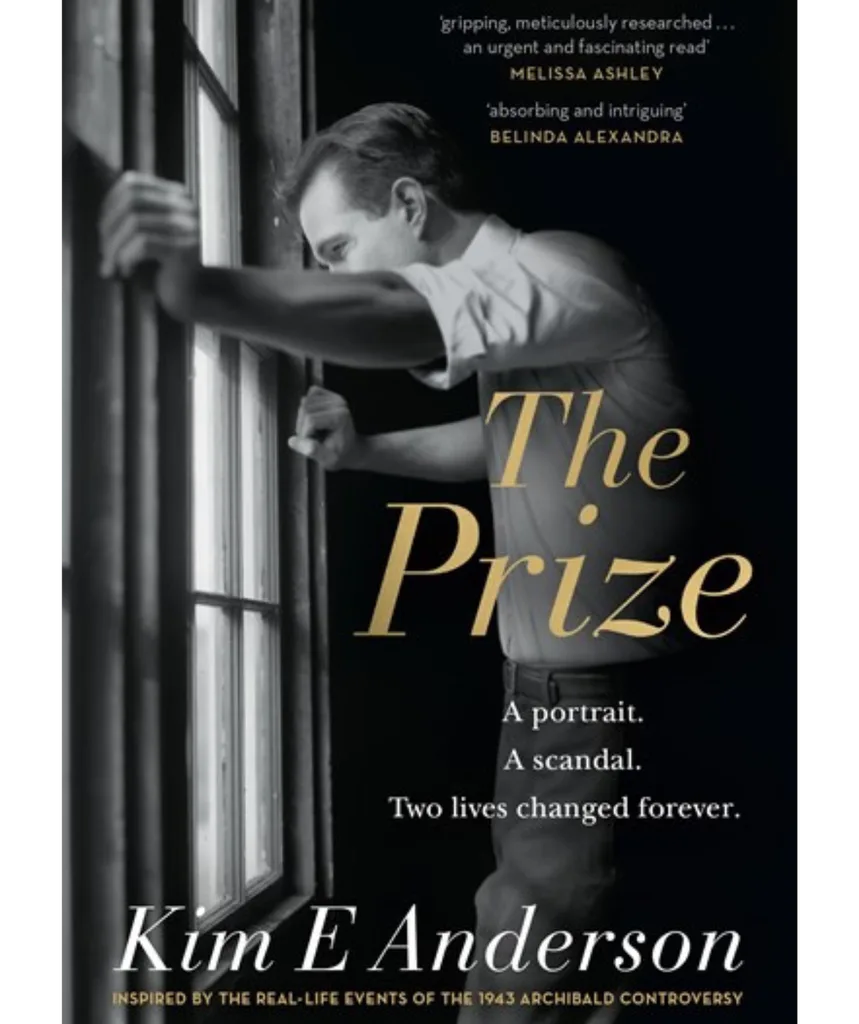
The Prize by Kim E. Anderson. BUY NOW
(Image: Pantera)Flawless character studies unfold like a painting in this fictional account of the scandal surrounding William Dobell’s portrait of artist friend and lover Joshua Smith, which won the 1943 Archibald Prize. When the modernist portrait was accused by two artists of being a caricature and legal action taken as it “did not define the Archibald bequest”, even though the action was unsuccessful, the two artists are caught in a public spectacle.
They met in 1939, introduced by a friend in London. Bill takes Joshua to Wangi to stay at the cottage built by his father on the west shore of Lake Macquarie. It’s called Allawah, the Aboriginal word for “make your home here”. They paint, swim, become lovers. “Galleries are being infected by the ideas of the avant-garde,” says an artist at her studio soiree. “When the shape of a head is a violin, one has to question the integrity.” Australian society was conservative, homosexuality illegal and the “grotesque” painting described akin to a praying mantis.
The Minuscule Mansion of Myra Malone by Audrey Burges, Pan Macmillan
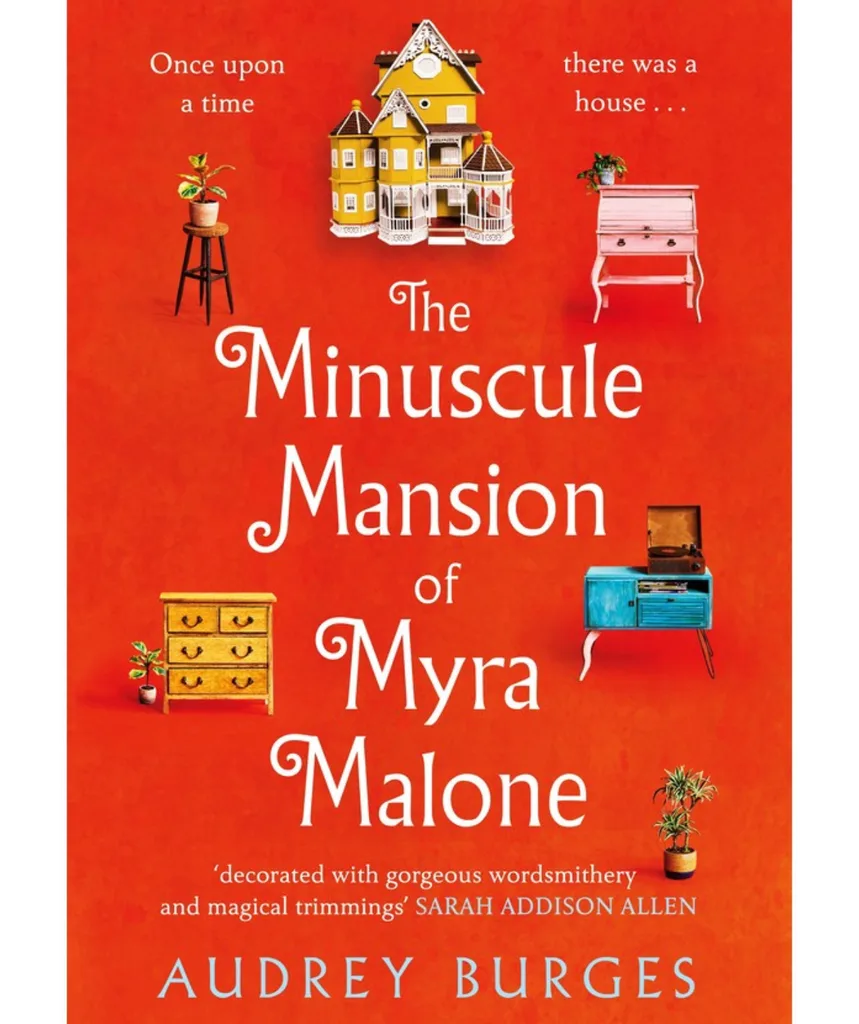
The Minuscule Mansion of Myra Malone by Audrey Burges. BUY NOW
(Image: Pan Macmillan)Myra was five when her beloved grandmother, Trixie, died in a car crash; Myra at her side. Bereft, she is given Trixie’s miniature doll’s house, which is still her reason for living, at 34, as a recluse in the attic of her cabin in the Arizona mountains where the mini mansion resides.
Her stories of the minuscule palace are followed by tens of thousands of fans – Myra placing two tiny rockers either side of the library fire, sending bloggers wild. But the mansion has a life of its own – music playing in corridors; happenings Myra has no control over. Meanwhile, Rutherford Alexander Rakes hates working front of house at Rakes & Son, Lockhart, Texas. When two Mansion fans need help recreating one of Myra’s rooms, he is shocked to recognise his ancestral home.
Read more book recommendations in the May issue of The Australian Women’s Weekly – on sale now.

.jpg?resize=380%2C285)
